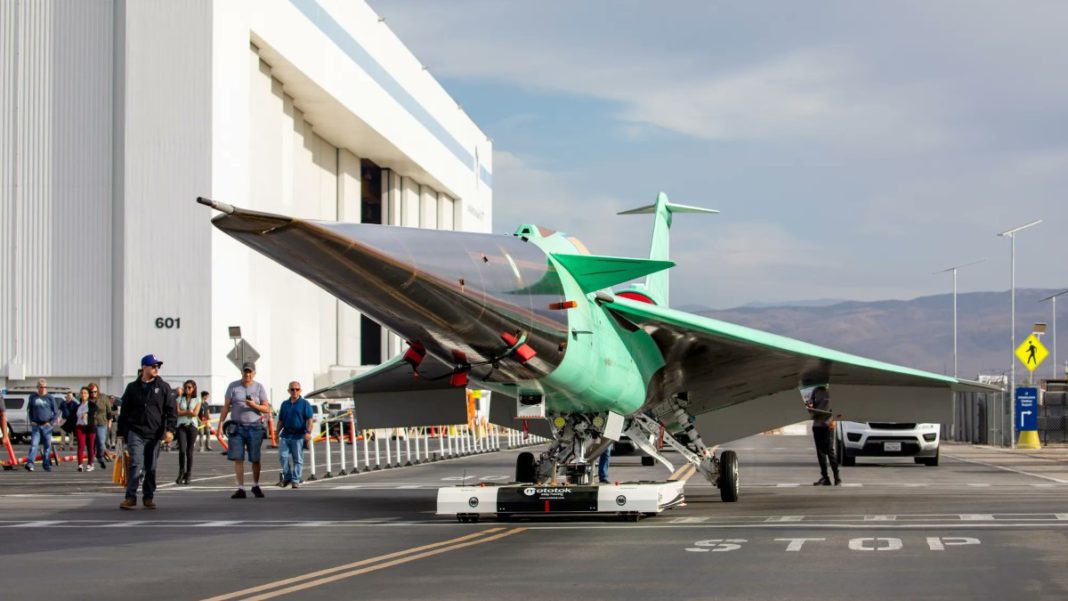UNITED STATES: In a significant leap forward for space exploration, Lockheed Martin has been awarded a $33.7 million contract by the U.S. Air Force Research Laboratory (AFRL) to spearhead advancements in nuclear-powered spacecraft technologies. This initiative, named the Joint Emergent Technology Supplying On-Orbit Nuclear (JETSON) effort, aims to mature high-power nuclear electric power and propulsion technologies, as well as spacecraft design.
The core of the project involves developing a fission reactor that activates once in space. This reactor will generate heat, which, in turn, will be transferred to Stirling power converters to produce electricity. This groundbreaking technology can be harnessed to power spacecraft payloads or electric thrusters for propulsion, potentially transforming the way we explore the vastness of space.
Barry Miles, JETSON program manager and principal investigator at Lockheed Martin, emphasized the pivotal role of nuclear fission development in space applications, stating, “Lockheed Martin is focused on developing these systems with our important government agencies and industry partners.”
Lockheed Martin will collaborate with Space Nuclear Power Corp. (SpaceNukes) and BWX Technologies, Inc. (BWXT), both renowned for their expertise in nuclear power and reactor design. The project is currently undergoing the preliminary design review stage, with the option to progress to the critical design review level.
The contract announcement, made on Sept. 29, also highlighted contracts for two other key players under JETSON. Intuitive Machines, a Houston-based startup, secured a $9.4 million contract to design a spacecraft concept utilizing a compact radioisotope power system. Meanwhile, Westinghouse Government Services received a contract to further research high-power nuclear fission systems in spacecraft.
This recent contract awarded to Lockheed Martin adds to their achievements in space nuclear power, following their selection by NASA and the U.S. military in July to develop and launch a spacecraft for testing nuclear thermal propulsion in space under the DRACO project (“Demonstration Rocket for Agile Cislunar Operations”).
Also Read: NASA’s Mars Helicopter Ingenuity Preps for Solitary Flight Stretch After 66 Successful Sorties



